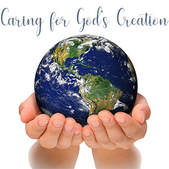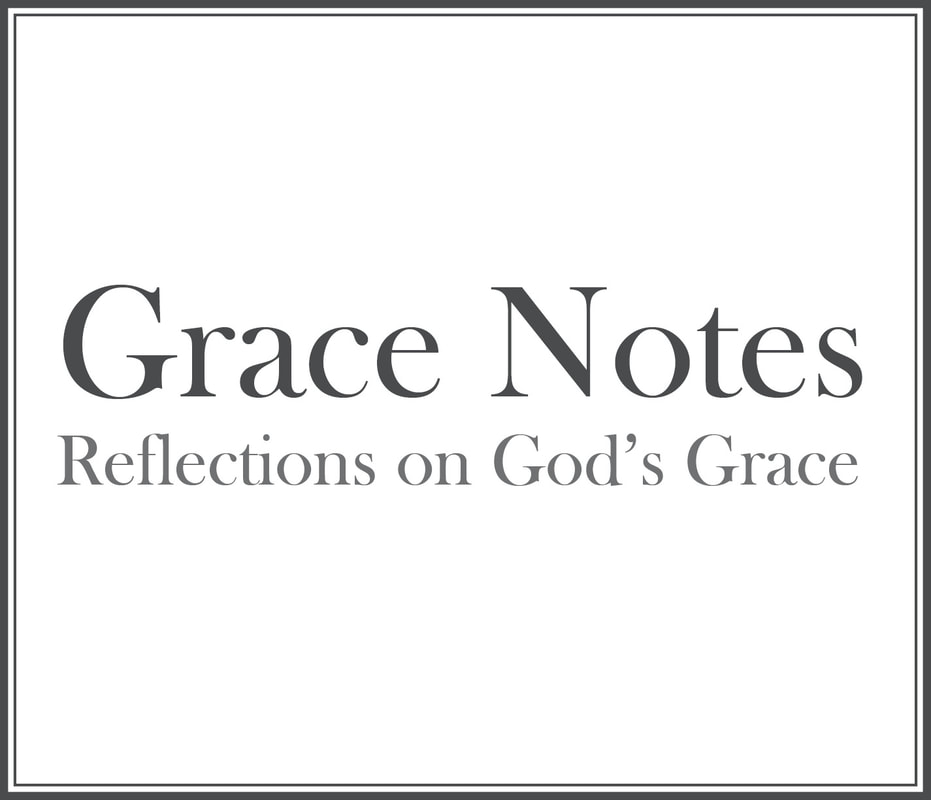 The earth is the LORD’s and all that is in it, the world, and those who live in it… Psalms 24:1 I had originally thought that writing about Earth Day on Earth Day would be an opportunity to NOT talk about public health emergencies and pandemic. Then I discovered that, from the Earth’s perspective, this virus has not been all bad news. Air quality has dramatically improved globally – even in places like China and large cites with big air quality problems (the upside of falling oil prices). The canals of Venice are showing renewal. With consumption falling and oil prices plummeting because of low demand, the Earth seems to be breathing a sigh of relief.
I do not think this will last, though I pray I am wrong. It is, in fact, they very things that have caused the most protest that have had biggest positive impacts on the Earth. “Reopening the economy” and returning to “business as usual” means ratcheting up the activities that harm our home in the universe and reversing any signs of progress. Perhaps this pandemic has shown us what kind of action we could actually take that would address a threat far bigger than Covid-19 – the destruction of a viable ecosystem to sustain life. I am not sure we much like the “test drive” we are experiencing. The question is: Will we learn from these trials and find the courage to save the Earth not from the Coronavirus, but from the viral presence of humanity that is even more dangerous? As people of faith, Earth Day is a call for truth telling; for loving our neighbors – including the animals, plants, mountains, and waters; for honoring the God who has fashioned and still sustains all that exists. More than just a nice way to augment our lives with something about which we can congratulate ourselves, however, Earth Day (and all 364 other days) is an urgent calling to act on the side of life. Elizabeth Johnson, in her excellent book, Ask the Beasts: Darwin and the God of Love, outlines the urgent paradox we face: “Ecological awareness has arisen in a paradoxical context. On the one hand, we stand in awe at modern scientific discoveries about the enormous age, size, interrelatedness, and ongoing dynamism of the universe of which life on Earth is a part. On the other hand, we are struck with the terrible knowledge that we humans are inflicting deadly damage on our planet, ravaging its identity as a dwelling place for life. Both of these factors, the wonder and the wasting, shape our view of the natural world, but it is the destruction that demands attention insofar as it puts the future of life in jeopardy.” (1) The deepest truth is that we are, in ways that we often feel powerless to change, assaulting not just the Earth, but our own existence. Deeper yet, each degradation and injury to the Earth is an assault on the God who makes all things. Can we truly believe that harming the works of God’s hands is not an assault on the God we say we adore? We rejoice in God’s gracious presence and love in our lives. We should always absolutely do so. Yet, as we know that claiming God’s love for myself and then excluding others from God’s loving embrace is just plain wrong, the same holds true for God’s loving embrace of all creation. Martin Luther proclaimed the divine presence of God in all things when he asked: How can reason tolerate that the divine majesty is so small that it can be substantially present in a grain, on a grain, over a grain, through a grain, within and without … entirely in each grain, no matter how numerous these grains may be? And how can reason tolerate that the same majesty is so large that neither this world nor a thousand worlds can encompass it and say ‘behold, there it is’? Yet, though it can be encompassed nowhere and by no one, God’s divine essence encompasses all things and dwells in all. - Martin Luther In the book of Job, we find the declaration that even the beasts know that God is in, with, under all that is – even if we are too stubborn and selfish to see it: “But ask the animals, and they will teach you; the birds of the air, and they will tell you; ask the plants of the earth, and they will teach you; and the fish of the sea will declare to you. Who among all these does not know that the hand of the LORD has done this? In his hand is the life of every living thing and the breath of every human being. Job 12:7-10 Thomas Berry has become one of the voices of faithful earth-keeping that I find deeply wise and challenging. First, he identifies the harmful habit we have of making everything an object for our use (and abuse): “We must say of the universe that it is a communion of subjects, not a collection of objects.” Second, Berry, like Luther, Francis of Assisi and so many of our spiritual guides through the ages, he points to love and unity as our only path forward. “The destiny of humans cannot be separated from the destiny of earth.” I would humbly add that the love of God cannot be separated from the love of the Earth. A blessed Earth day to you all. Pax Christi, Pastor Tim Olson
0 Comments
Leave a Reply. |
Categories
All
Archives
July 2024
|


 RSS Feed
RSS Feed

